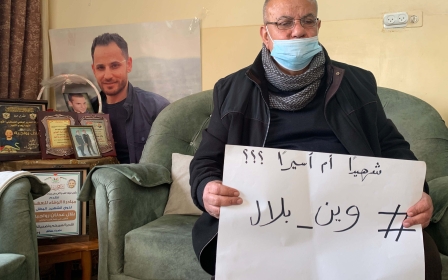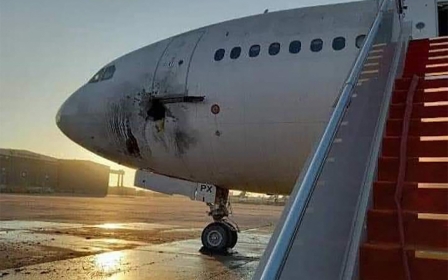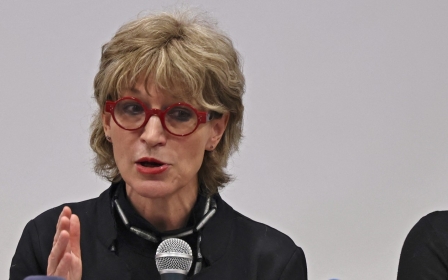Israel: Flights to Dubai could stop over security disagreements
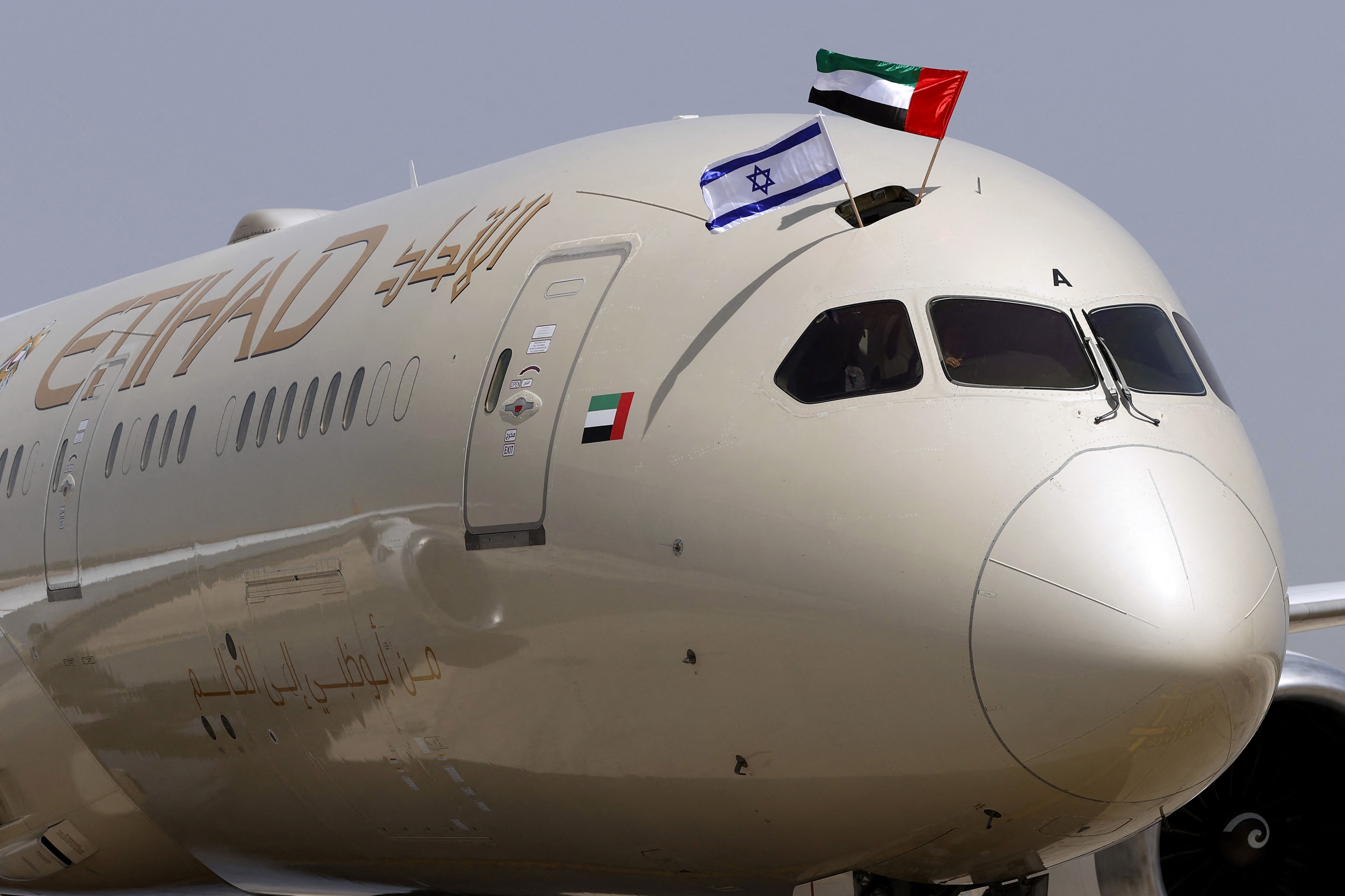
Flights between and Israel and Dubai could be halted within the week as a result of disputes over security arrangements.
Senior Israeli officials told Israel's Walla News that flights to Dubai could stop on 8 February after the Shin Bet intelligence service, which handles security for Israel's airports, raised concerns about the security of the journeys.
Shin Bet cited an upcoming decision by Dubai to change the city airport's security arrangements on that day, according to the report. They stressed, however, that the dispute was not "political" and was purely a technical issue
"In recent months, disputes have been discovered at the security level between the competent bodies in Dubai and the Israeli aviation security system, in a way that does not allow the realisation of the responsibility for the security of Israeli aviation," said Shin Bet.
The security service also said that, should the flights to Dubai be halted, it will look into the possibility of rerouting the flights to Abu Dhabi.
New MEE newsletter: Jerusalem Dispatch
Sign up to get the latest insights and analysis on Israel-Palestine, alongside Turkey Unpacked and other MEE newsletters
Negotiations were underway to resolve the situation.
A source told Haaretz that if flights to the UAE were halted, UAE airlines would be stopped from landing in Israel, which would prevent Israeli companies from suffering financial losses as well as applying pressure to the Emirati authorities to improve security.
Increasingly warm relations
The dispute marks a wobble in the relationship between the two countries, which signed a normalisation agreement in 2020.
On 31 January, Israeli President Isaac Herzog spoke at Dubai's Expo 2020 world fair on the first presidential visit to the United Arab Emirates, despite the Gulf state overnight saying it had intercepted a ballistic missile fired by Yemen's Houthis.
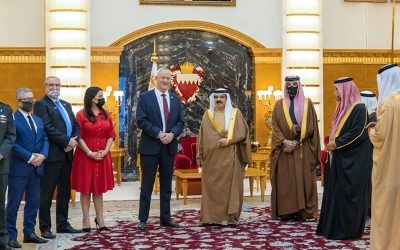
The UAE became the first Gulf state to normalise relations with Israel under a US-brokered normalisation agreement, dubbed the "Abraham Accords," in 2020. Gulf neighbour Bahrain, Morocco and Sudan then followed.
"I hope and I believe that more and more nations will soon follow the UAE lead and join the Abraham Accords," Herzog said at an event amid tighter than usual security at the Expo site.
The presidency in Israel is a largely ceremonial post. Prime Minister Naftali Bennett visited the UAE in December.
The UAE and Israel share concerns about Iran and its regional allies. They also see the agreements as a way to boost their economies.
"Already our trade has exceeded over $1bn, more than 120 agreements were signed and a $100m [research and development] fund was established recently," Herzog said in a speech at the six-month long world fair in Dubai emirate, where UAE and Israeli flags were raised and both countries' national anthems were played.
He said 250,000 Israelis had so far visited the UAE and that he hoped Emiratis would reciprocate once COVID-19 restrictions eased.
Herzog had landed in the UAE capital, Abu Dhabi, the previous day, and discussed security and bilateral relations with the UAE's de facto leader.
That night, at 20 minutes past midnight, Abu Dhabi said it intercepted a ballistic missile fired by Yemen's Iran-aligned Houthi group, the third such attack on US-allied UAE in the past fortnight.
UAE authorities did not say whether the missile was aimed at Abu Dhabi or Dubai.
This article is available in French on Middle East Eye French edition.
Middle East Eye delivers independent and unrivalled coverage and analysis of the Middle East, North Africa and beyond. To learn more about republishing this content and the associated fees, please fill out this form. More about MEE can be found here.


